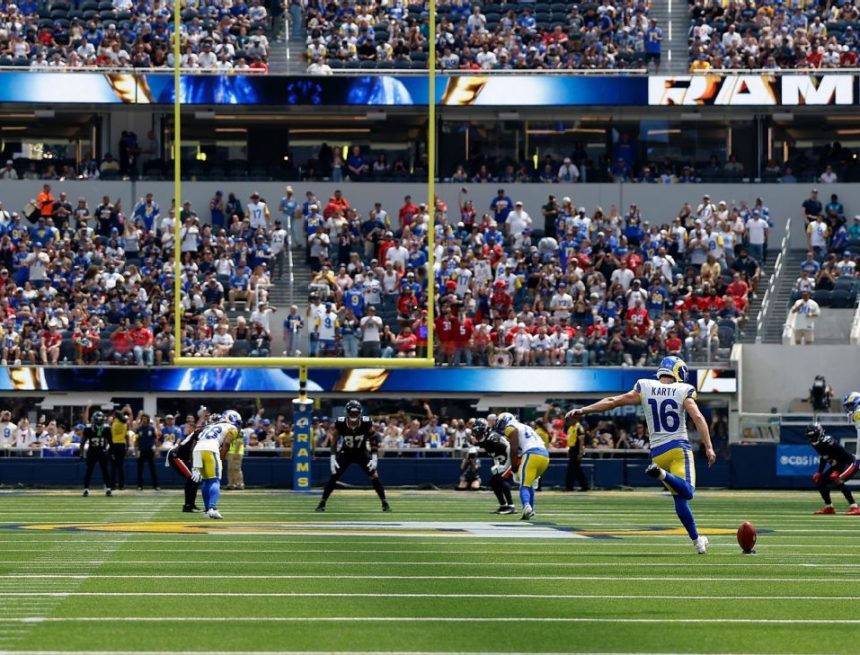It is vital to a child’s early development that they are given ample time to experiment, be creative and learn through play in a purposeful way, rather than being confined to their desks (Do we really expect five-year-olds to sit at desks? I want a school that understands play is learning, 29 October).
Time allocated for non-traditional learning such as outdoor learning in the school day has been eroded in recent years, while research shows that only one in three primary school pupils in the UK meet the in-school target of half an hour of physical activity every day. This is despite evidence which shows that pupils learn best through supported play experiences and outdoor exploration.
Sufficient time needs to be built into the curriculum, as well as physical spaces within schools, to allow children and young people the time to play and socialise. This includes not only breaktimes, but concrete opportunities to play in a meaningful way. Socially interactive playfulness should be embedded into teaching and across all ages and stages, especially in primary education.
The government must act to reverse this decline in play and give our children a school experience that nurtures both body and mind.
Dr Helena Bunn
Chair of the British Psychological Society’s Division of Education and Child Psychology
Rhiannon Lucy Cosslett is absolutely right. It is both tragic and absurd that state education in England has somehow reverted to the utilitarian sterility satirised by Dickens in Hard Times. Inflicting formal learning on five-year-olds is both cruel and counterproductive, as we see in the growing number of children who have learned to dislike reading. Countries with more successful education systems than ours nearly all delay formal learning until age seven.
Bridget Phillipson has declared herself to have a special interest in early years education. We can only hope that she has the strength to bring about reform that is desperately needed after 15 years of Gradgrindery.
Michael Pyke
Campaign for State Education


